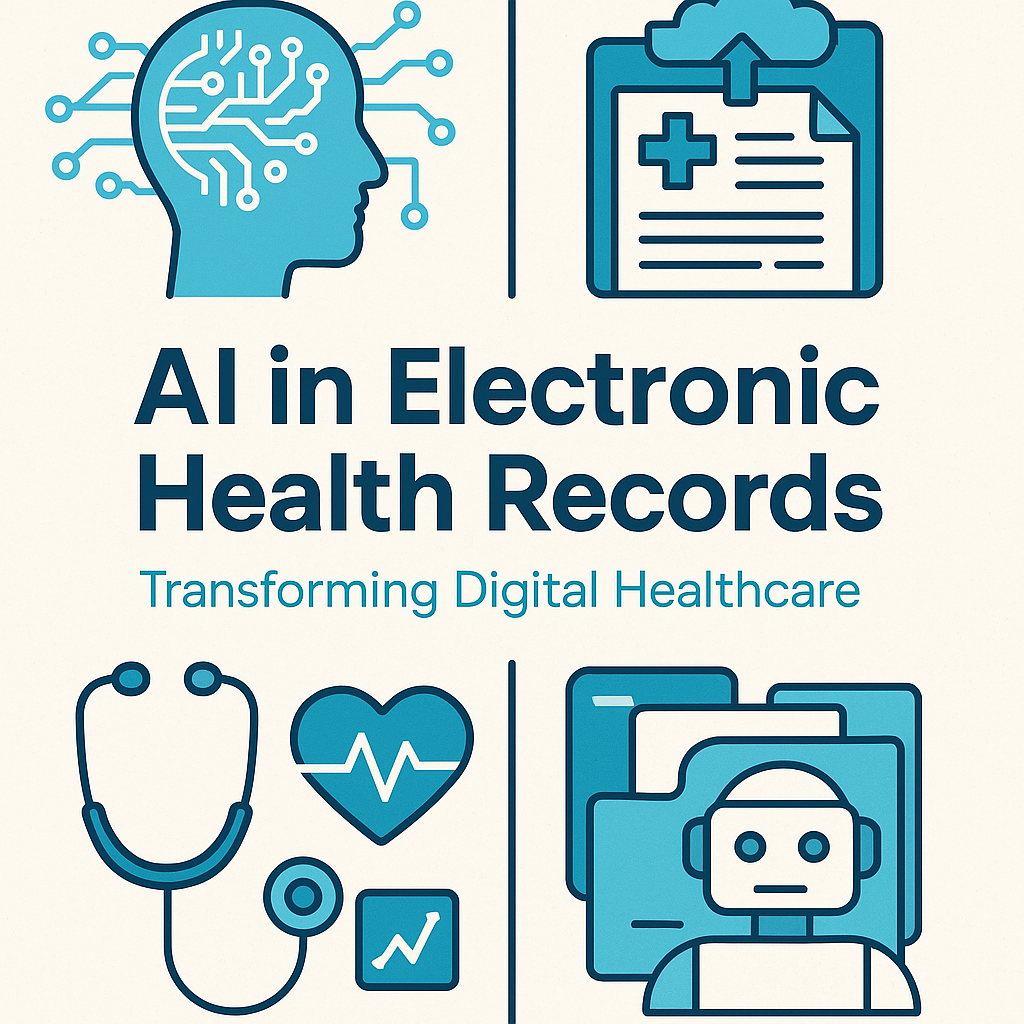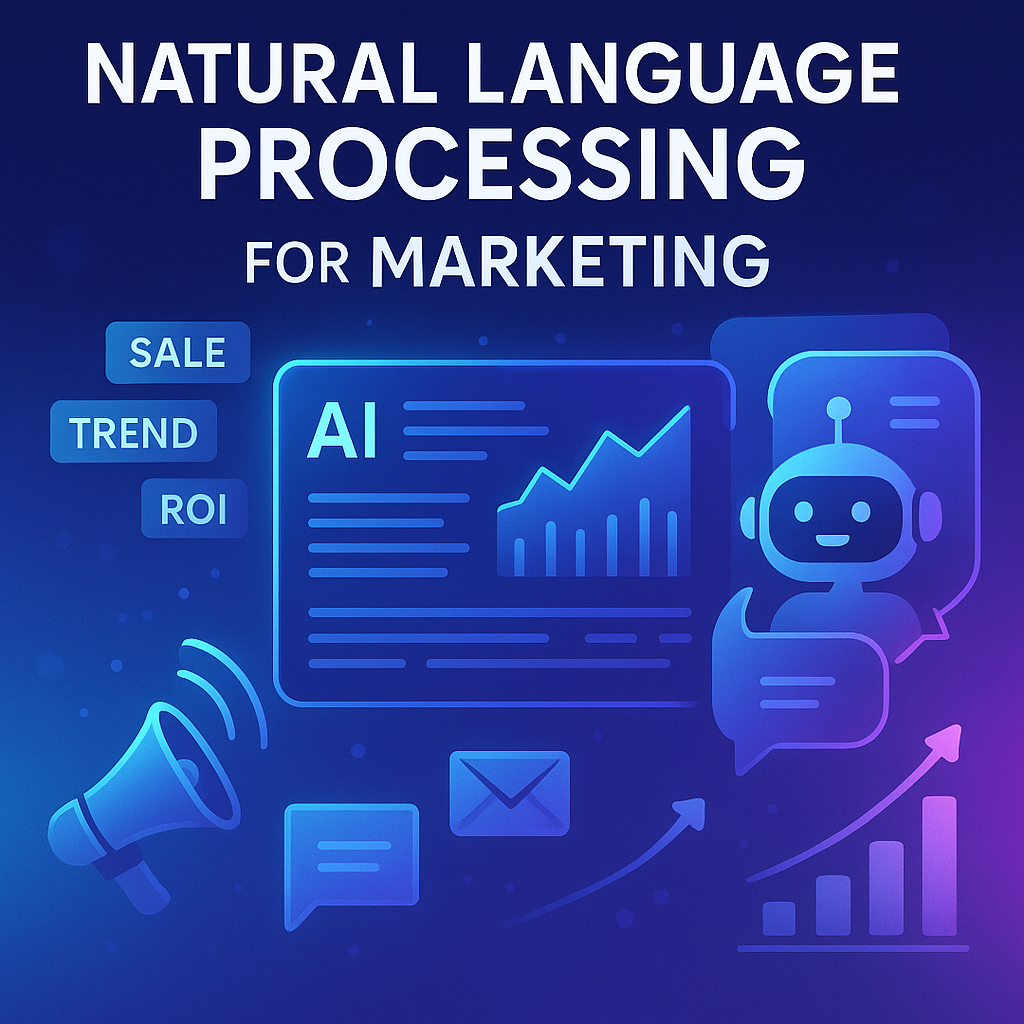Introduction
Artificial Intelligence (AI) is revolutionizing healthcare, and one of its most impactful applications is in Electronic Health Records (EHR). AI-powered systems are enhancing data management, improving diagnosis accuracy, and streamlining workflows, ultimately transforming patient care.
How AI Enhances Electronic Health Records
AI can process vast amounts of health data quickly, helping healthcare professionals extract valuable insights from patient records. By automating routine tasks, AI allows medical practitioners to focus more on patient care.
Key Applications of AI in EHR
- Data Entry Automation: AI can automate the process of entering patient data, reducing human error and saving time for healthcare professionals.
- Predictive Analytics: AI models can predict patient outcomes by analyzing trends in health data, such as identifying high-risk patients or forecasting potential complications.
- Natural Language Processing (NLP): NLP algorithms analyze unstructured data within EHRs, such as physician notes, and convert it into structured, actionable information.
- Clinical Decision Support: AI can help healthcare providers make better clinical decisions by providing evidence-based recommendations from patient data stored in the EHR.
Mathematical Explanation: AI Model for Predictive Analytics in EHR
AI-powered predictive analytics in EHR involves using machine learning models to predict future health events. Here’s a simplified formula to understand how predictive models in EHR might work:
\[ \hat{Y} = \beta_0 + \beta_1X_1 + \beta_2X_2 + \cdots + \beta_nX_n \]
Where:
- \(\hat{Y}\): Predicted health outcome (e.g., risk of readmission).
- \(X_1, X_2, ..., X_n\): Features from patient data (age, medical history, vital signs, etc.).
- \(\beta_0, \beta_1, ..., \beta_n\): Model coefficients (learned during training).
This formula represents a linear regression model used to predict health outcomes based on patient data stored in the EHR system. Machine learning algorithms adjust the coefficients to improve prediction accuracy.
Challenges and Limitations of AI in EHR
- Data Privacy and Security: The integration of AI in EHR systems raises concerns about patient data privacy and the potential for data breaches.
- Data Quality: AI models rely on high-quality data, and poor data quality can lead to inaccurate predictions and recommendations.
- System Integration: Integrating AI solutions into existing EHR systems can be complex and costly for healthcare organizations.
- Regulatory Compliance: AI tools used in EHR must comply with regulations such as HIPAA (Health Insurance Portability and Accountability Act), ensuring that patient data is handled securely.
Real-World Examples of AI in EHR
- IBM Watson Health: IBM Watson Health leverages AI to improve clinical decision-making and automate patient data entry within EHR systems.
- DeepMind Health: DeepMind's AI models are used to analyze medical records and assist in early disease detection, offering insights directly through EHR platforms.
- Allscripts: Allscripts integrates AI to enhance its EHR system, enabling predictive analytics and decision support for healthcare professionals.
Further Reading
Conclusion
AI in Electronic Health Records is helping healthcare professionals improve the accuracy and efficiency of patient care. By automating tasks, predicting health risks, and supporting clinical decisions, AI has the potential to transform the way healthcare is delivered. However, challenges such as data privacy, integration, and regulatory compliance need to be carefully addressed to fully realize the benefits of AI in healthcare.








